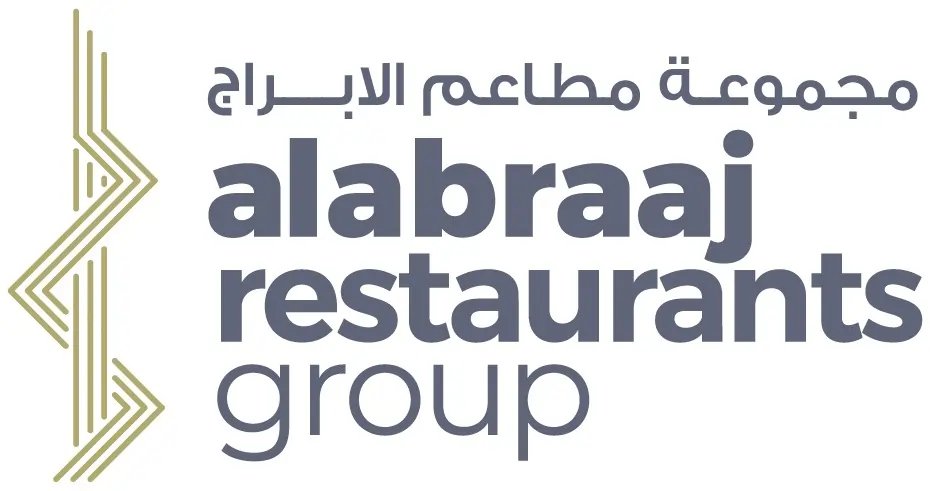FASKEN MARTINEAU AND DMAC RELEASE 2017 CASL SURVEY REPORT
Published by Gbaf News
Posted on June 3, 2017
6 min readLast updated: January 21, 2026

Published by Gbaf News
Posted on June 3, 2017
6 min readLast updated: January 21, 2026

CASL Survey Report: Bridging the Gaps in Understanding and Compliance
Fasken Martineau and the Direct Marketing Association of Canada (DMAC) today released the results of their first CASL (Canada’s anti-spam legislation) Survey Report, which reveals the extent to which organizations understand CASL and have implemented effective compliance strategies and programs.
This report will help businesses identify and address the common gaps in understanding and compliance with CASL – including the implementation of effective due diligence defence measures. Survey results were provided by those who should understand CASL and its implementation: over 80% of respondents were either “extremely involved” or “very involved” in the design and implementation of their organization’s CASL strategy.
Bridging the Gaps in Understanding and Compliance shows how even after almost three years of CASL being in force, there is still a notable lack of understanding about key elements of the law, and an even larger gap when it comes to understanding how it should be implemented to ensure full compliance.
“Some organizations have a lot of work to do. It could end up being very costly if they do not take adequate steps to satisfy CASL’s requirements and implement an appropriate compliance program,” said Andrew Nunes, Partner and Vice Chair of the Technology Law group in the Toronto office of Fasken Martineau.
“After three years of CASL, there is still significant confusion about what the law requires,” said Derek Lackey, President of DMAC. Mr. Lackey continued by adding that “record keeping is an issue many organizations struggle with. Fortunately, there are applications and organizations with skills and expertise that can assist to shepherd you into CASL compliance.”
“With the looming private right of action taking effect on July 1, 2017, the public will join the CRTC as another source of CASL enforcement, which will significantly increase exposure to liability,” added Daniel Fabiano, Partner at Fasken Martineau.
Key findings in Fasken Martineau and DMAC’s CASL Survey Report include:
As supported by the survey results, many who think they are compliant still have a way to go. While progress has been made, significant work must still be done across all sectors and all sizes of organizations.
Survey Demographics
Fasken Martineau and DMAC’s 2017 CASL Survey Report had well over 200 participants representing a broad range of industries, with 21% working in the financial services industry and 77% at for-profit organizations. The primary nature of respondent’s e-marketing activities was roughly equal between B2B and B2C. E-marketing was a significant part of the marketing strategy for 60% of responders.
CASL Survey Report: Bridging the Gaps in Understanding and Compliance
Fasken Martineau and the Direct Marketing Association of Canada (DMAC) today released the results of their first CASL (Canada’s anti-spam legislation) Survey Report, which reveals the extent to which organizations understand CASL and have implemented effective compliance strategies and programs.
This report will help businesses identify and address the common gaps in understanding and compliance with CASL – including the implementation of effective due diligence defence measures. Survey results were provided by those who should understand CASL and its implementation: over 80% of respondents were either “extremely involved” or “very involved” in the design and implementation of their organization’s CASL strategy.
Bridging the Gaps in Understanding and Compliance shows how even after almost three years of CASL being in force, there is still a notable lack of understanding about key elements of the law, and an even larger gap when it comes to understanding how it should be implemented to ensure full compliance.
“Some organizations have a lot of work to do. It could end up being very costly if they do not take adequate steps to satisfy CASL’s requirements and implement an appropriate compliance program,” said Andrew Nunes, Partner and Vice Chair of the Technology Law group in the Toronto office of Fasken Martineau.
“After three years of CASL, there is still significant confusion about what the law requires,” said Derek Lackey, President of DMAC. Mr. Lackey continued by adding that “record keeping is an issue many organizations struggle with. Fortunately, there are applications and organizations with skills and expertise that can assist to shepherd you into CASL compliance.”
“With the looming private right of action taking effect on July 1, 2017, the public will join the CRTC as another source of CASL enforcement, which will significantly increase exposure to liability,” added Daniel Fabiano, Partner at Fasken Martineau.
Key findings in Fasken Martineau and DMAC’s CASL Survey Report include:
As supported by the survey results, many who think they are compliant still have a way to go. While progress has been made, significant work must still be done across all sectors and all sizes of organizations.
Survey Demographics
Fasken Martineau and DMAC’s 2017 CASL Survey Report had well over 200 participants representing a broad range of industries, with 21% working in the financial services industry and 77% at for-profit organizations. The primary nature of respondent’s e-marketing activities was roughly equal between B2B and B2C. E-marketing was a significant part of the marketing strategy for 60% of responders.
Explore more articles in the Business category











